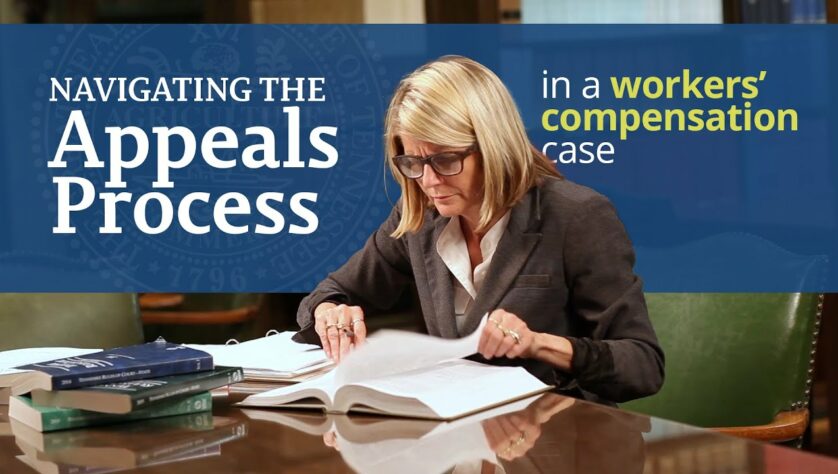Filing a workers’ compensation claim anticipates a smooth process of receiving owed benefits for treatment and moving forward with life. However, denials can occur, necessitating an appeal to the Workers Compensation Appeals Board (WCAB). Understand the ins and outs of this process to ensure your rightful compensation.
What is the Workers Compensation Appeals Board (WCAB)?
In overseeing workers’ compensation systems, each state has a dedicated agency, commonly known as the Workers Compensation Board or Workers Compensation Commission. The WCAB, a division of this agency, specifically handles appeals of denied workers’ compensation claims.
Federal Workers Compensation Programs:
Certain employees may qualify for federal workers’ compensation programs administered by the U.S. Department of Labor (DOL), featuring the Employees’ Compensation Appeals Board (ECAB), akin to the state-level WCAB.
Navigating the Workers Compensation Appeals Board:
The WCAB appeal process varies by state, emphasizing the need for legal assistance. Generally, the steps involve filing for benefits, attempting resolution post-denial, and ultimately filing an appeal if necessary.
Understanding the WCAB Program:
A WCAB program provides recourse for wrongfully denied benefits under state workers’ compensation laws. Consulting a lawyer is advised, as legal representation can often secure benefits without formal appeals if errors are identified.
Workers Compensation Appeals Process:
A closer look at the WCAB appeal process includes filing for benefits, addressing denials, attempting resolution, filing an appeal, a hearing with a judge or commissioner, receiving a decision, and pursuing further appeals if needed.
What Happens During a Workers Compensation Appeal:
The appeal involves meticulous documentation and a presentation of evidence by both parties. A hearing allows attorneys to present arguments, and the judge or commissioner applies state workers’ compensation laws to reach a decision. The outcome, while not immediate, provides clarity on the next steps.
Importance of Legal Representation:
Given the complexities of workers’ compensation appeals, hiring a lawyer is crucial. Legal professionals can navigate state-specific rules, provide strategic advice, and ensure the correct filing of appeals.
FAQs: Filing a Workers Compensation Appeal:
Structure and Mission of WCAB: Understanding the judicial nature of WCAB, its mission is to ensure fair distribution of workers’ compensation benefits. Members, appointed by the state’s governor, oversee challenges to denials.
Functions of WCAB: Accepting appeals, reviewing arguments, and rendering decisions on benefits entitlement are the key functions of WCAB. It serves as a forum to enforce workers’ compensation laws.
ECAB Overview: The ECAB, part of the U.S. DOL, addresses challenges to denials of federal workers’ compensation benefits. Seeking experienced legal representation is crucial due to the unique and complex process.
Importance of Legal Representation: While not mandatory, obtaining legal representation significantly improves the chances of a successful appeal. An experienced lawyer guides through the complexities and enhances the appeal’s success.
Filing a Workers Compensation Appeal: If facing the need to file an appeal, seeking prompt legal advice is essential. Contacting a local lawyer for a free consultation ensures timely and informed action.
Mastering the workers’ compensation appeals process is vital for those facing denials. From understanding WCAB functions to seeking legal representation, this guide empowers individuals to navigate the complexities and secure the benefits they deserve. Request a free consultation with a local lawyer to ensure proper guidance throughout the appeals journey.






